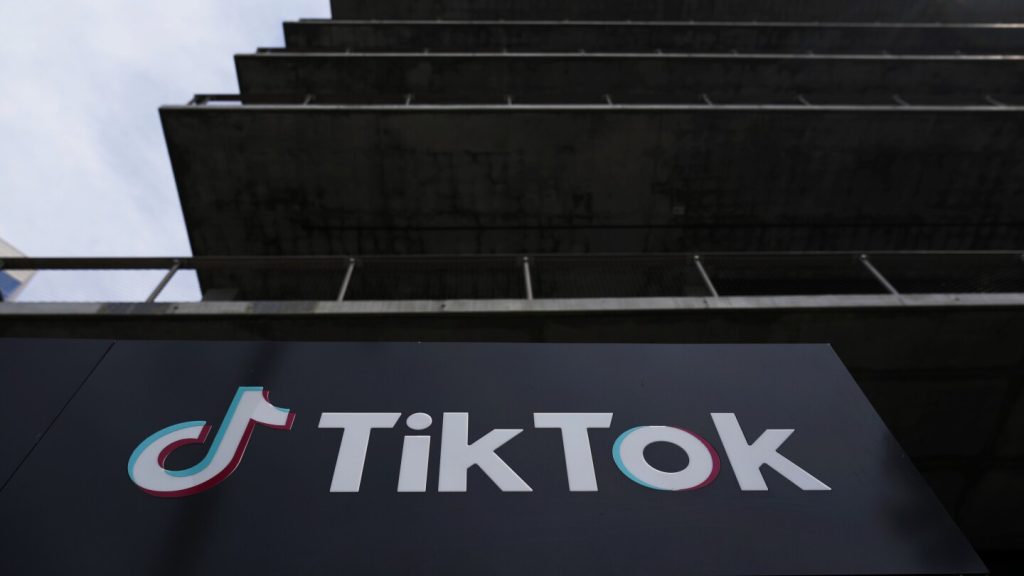The House passed legislation that would ban TikTok in the U.S. unless its China-based owner sells its stake within a year. The decision to include this ban in a larger foreign aid package was fast-tracked after concerns were raised about national security and Chinese threats. TikTok has lobbied against the legislation, arguing that it would deprive its 170 million U.S. users of their First Amendment rights. However, lawmakers in Congress have expressed widespread concerns about Chinese influence and have pushed forward with the ban.
TikTok has faced legal challenges in the past, with federal courts blocking attempts to ban the app. The company believes that a legal challenge against this new legislation could be successful. TikTok has denied allegations that it could be used as a tool of the Chinese government or that it has shared U.S. user data with Chinese authorities. Despite these denials, concerns from lawmakers and intelligence officials about Chinese influence have led to the push for the ban. The bill’s quick passage through Congress is notable since lawmakers have historically taken a hands-off approach to tech regulation.
The company has mobilized its users to oppose the legislation, spending $5 million on TV ads and encouraging users to contact Congress. The American Civil Liberties Union and other organizations have backed TikTok, arguing that the ban would infringe on the rights of millions of Americans who use the platform. Various states and the federal government have already imposed TikTok bans on government devices, with legal challenges arising in response to these bans. The ban would have significant economic impacts, with TikTok contributing $24 billion to the U.S. economy annually.
The legislation has received mixed reactions from lawmakers, with some expressing concerns about the impact on free speech and businesses that rely on TikTok. California Rep. Ro Khanna voted against the legislation, suggesting that there could have been less restrictive ways to address national security concerns. Content creators on TikTok, who rely on the platform for income, are worried about the potential repercussions of the ban. Despite these concerns, the bill passed the House by a significant margin and will now move to the Senate for further consideration. The fate of TikTok in the U.S. remains uncertain as legal challenges and political debates continue.


